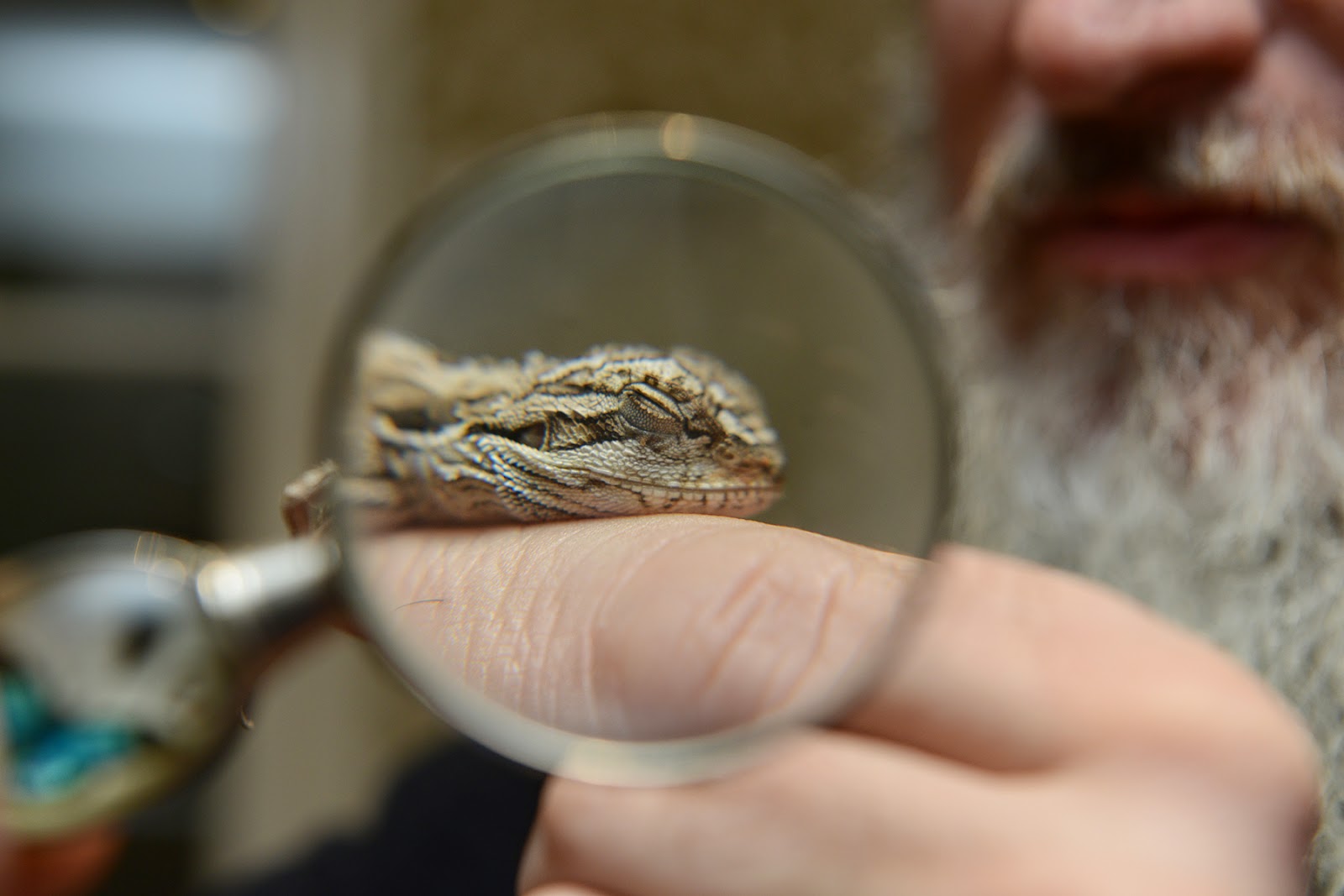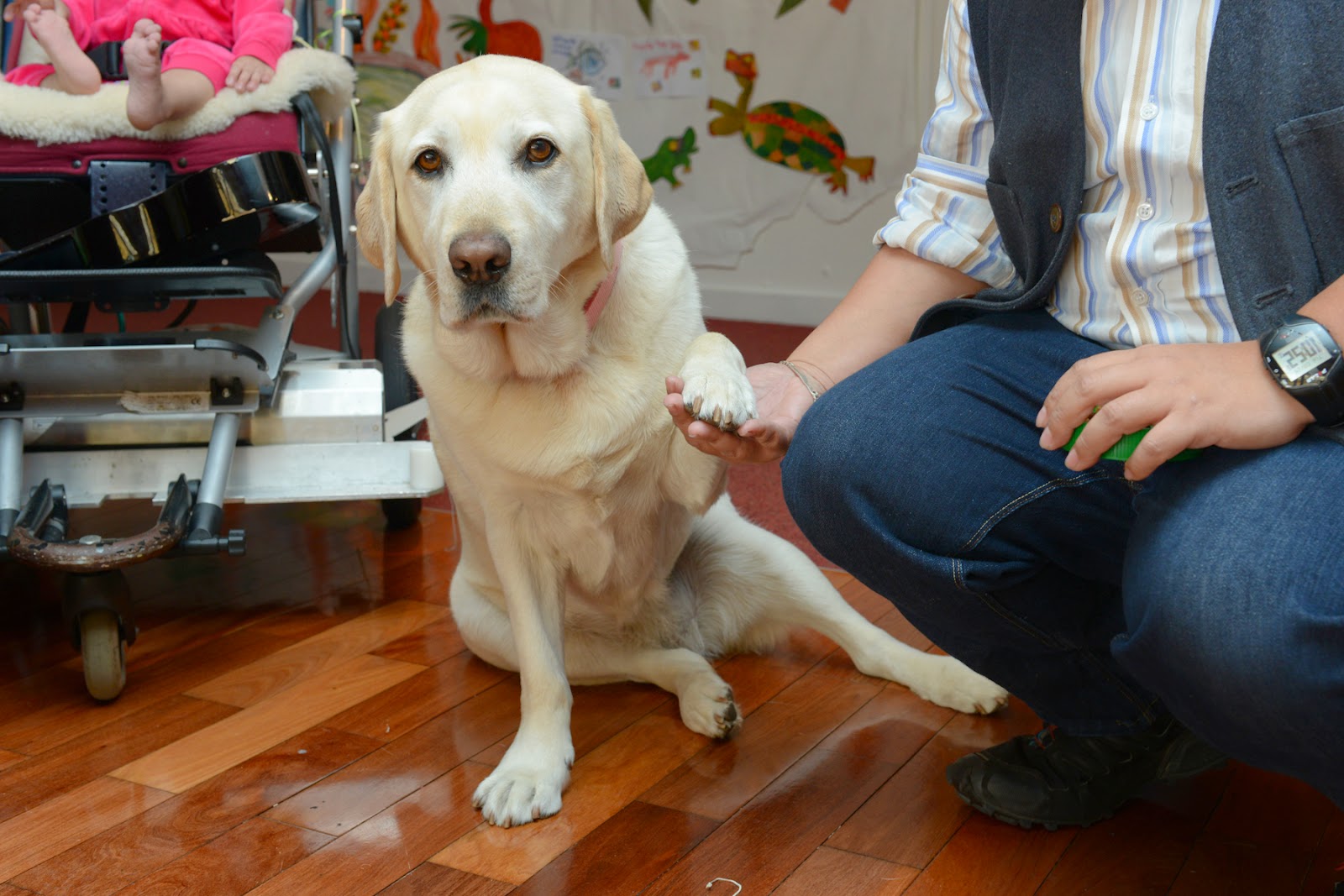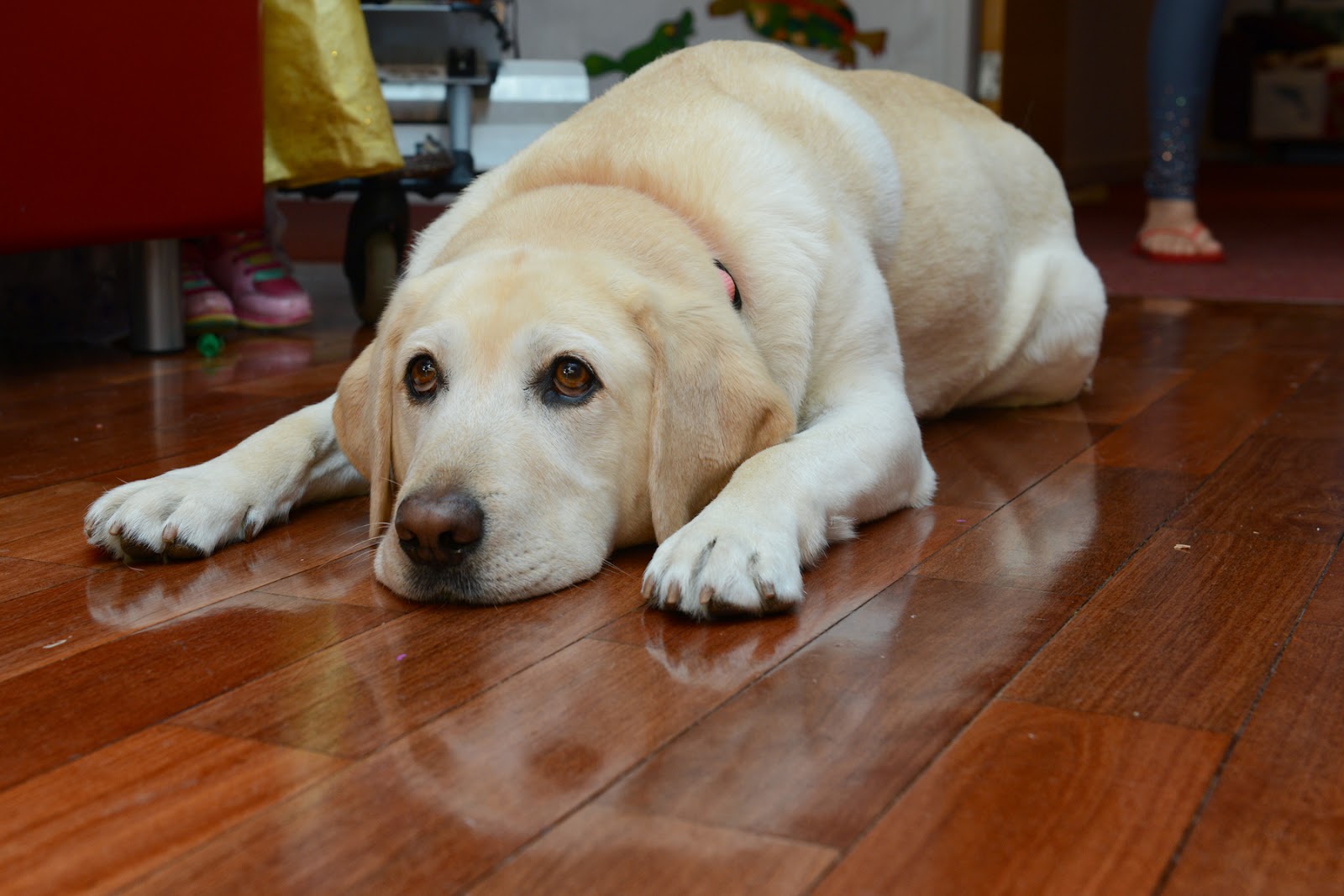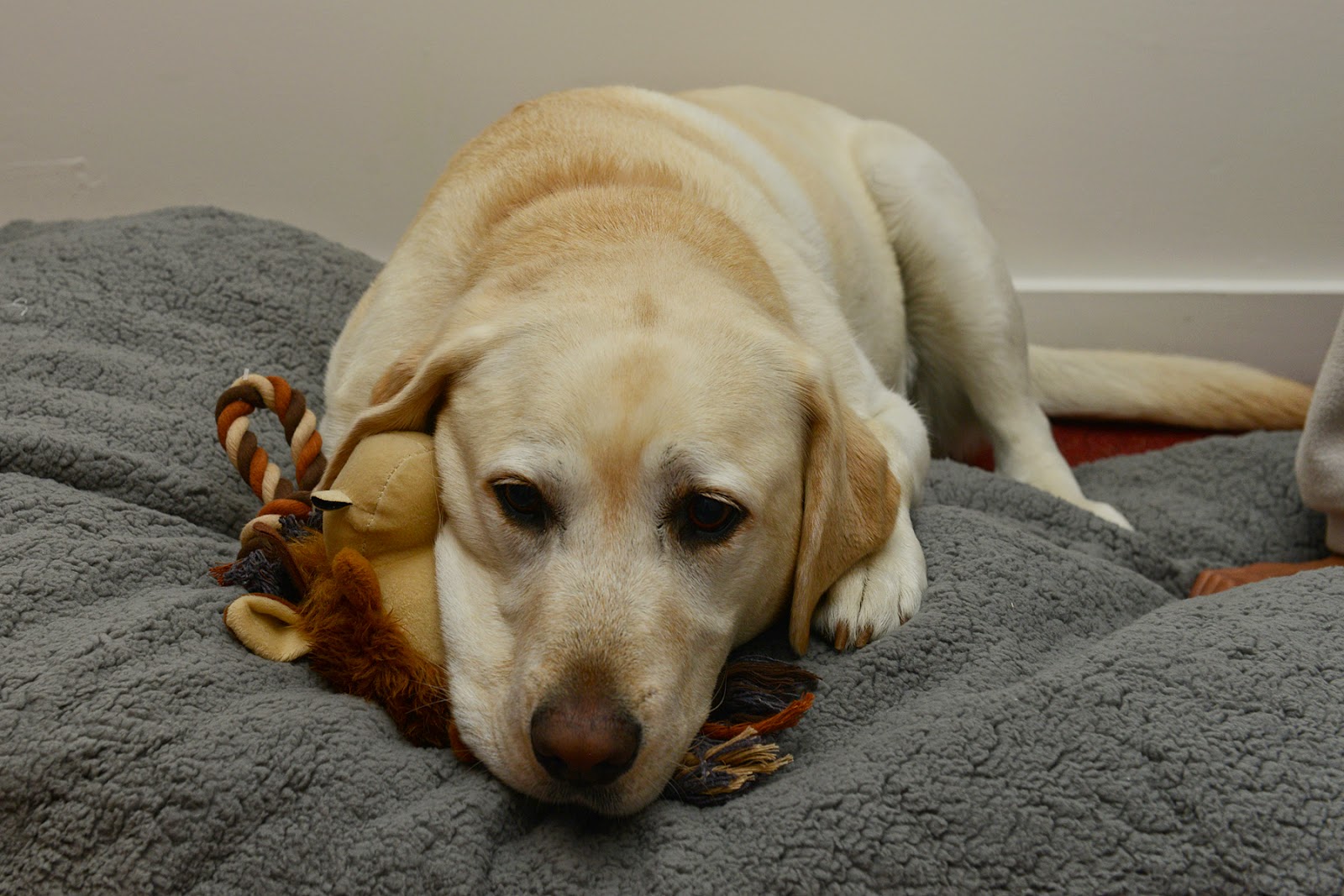After reading our post
mentioning their night talks, the Australian Museum have generously offered SAT
readers TWO double passes to their night talk on the White-fronted Chat (a chat
about a chat – but you can’t take your cat!)(okay, I will stop now).
The White-fronted Chat, Epthianura albifrons, is a small
honeyeater. It used to be found all across Sydney but is now isolated to two
patches of saltmarsh which are surrounded by urban development.
Ecologist Richard Major
has been undertaking research to look at the decline of the endangered Sydney
population. Using genetic techniques, he and his team have set out to determine
whether urbanisation is the problem and has also trialled cages to help protect
nests from predators.
Dr Major is the Principal
Research Scientist in Terrestrial Research at the Australian Museum. His other
research interests include birds in backyards and historical changes in the
birds of Sydney.
If you’ve not been to a
talk at the Australian Museum it is well worth the experience. There’s
something cool about popping into the Museum after hours and hearing from
experts in their field. The talk is will be held on October 30. Tickets are
normally $30 each (or $20 if you are a member of the Australian Museum). For
more info, hit this link.
To WIN a double pass,
simply tell us in 30 words or less why you’re keen to go, and don’t forget to
include your name and contact details. Entries must be received by 9am on
September 30.
In other companion animal
news, Jess sent this link to a fascinating TED talk by Laurel Braitman about
the mental health of animals, and what it means for humans. I found this take
very interesting, particularly the discussion of humans acting as assistance
companions for animals, growth of the pet psychopharmaceutical market and the
difference between history taking when discussing human vs animal anxiety,
depression and mental health (its about twenty minutes but quite interesting - definitely worth making a cuppa for this one).
The late actress Lauren
Bacall has left about $AUD10K to ensure the ongoing care of her dog Sophie, a
Papillion. Bacall once described herself as a dog yearner.
“I didn’t have a dog
growing up in the city with a working mother. As an only child, I yearned for
someone to talk to.”
Sophie accompanied Bacall
on set. Good for her – taking your dog to work is fantastic if you can do it,
and if you can afford to put money aside for your pet’s care in your will it
can help avoid family dramas.










.jpg)